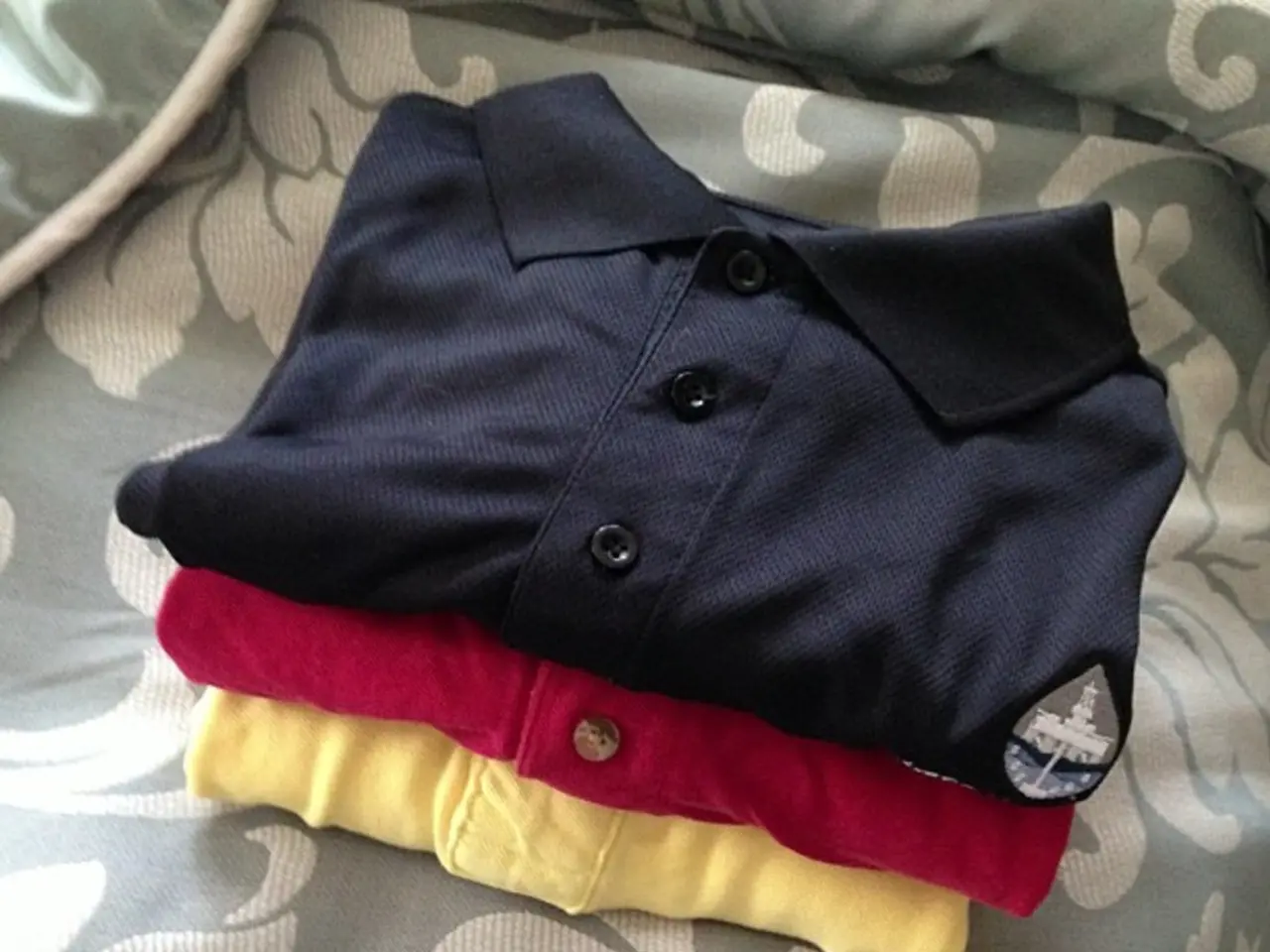Textile businesses rejoice following signed agreements in Southeast Asia
The tariff landscape for textile products imported into the United States has undergone significant changes, particularly affecting Vietnam and Indonesia, two major exporters of textiles and garments.
As of mid-2025, the U.S. imposed a 20% tariff on imports from Vietnam, a compromise from the initially threatened 46% under the Trump administration and an interim 10% tariff applied in April 2025. In contrast, Indonesia faces a 19% tariff under a trade deal announced by President Trump, a reduction from the initially threatened 32%.
These tariff rates have created a more challenging trading and production environment, with severe economic impacts on Indonesia’s textile sector. Estimates suggest that if the 32% tariff had been implemented, up to 50,000–70,000 workers could have lost their jobs due to reduced orders and production cuts. Although the 19% tariff offers some relief, the industry remains under pressure, with urgent governmental negotiations ongoing to lessen the tariff burden and avoid mass layoffs.
Taiwanese companies, such as Eclat Textile Co and Makalot Industrial Co, which are major players in textile and garment manufacturing, significantly source or manufacture in Southeast Asia, including Vietnam and Indonesia. The higher tariff rates on imports from Indonesia (19%) compared to Vietnam (20%, but previously lower) affect the cost structure and export competitiveness of these companies' supply chains.
Eclat Textile Co, a producer of garments for international brands like Nike, Under Armour, and Lululemon Athletica, will negotiate pricing with its clients based on the new tariffs. The company, which produces more than 80% of its goods in Vietnam and Indonesia, is also planning to invest US$41 million in a rights issue proposed by its Indonesian subsidiary for the construction of a third facility in Indonesia.
Makalot Industrial Co, which gets 42% of its total production from Indonesia and 38% from Vietnam, has not provided a statement regarding the tariff changes. However, Lin Heng-yu, Makalot's spokesman, stated that worries about tariffs have been reduced by half due to the deals between the US and Indonesia, Vietnam.
Teco Electric & Machinery Co, a Taiwanese company that produces power transformers, hailed the tariff arrangement for Indonesia, where the company produces its goods. The cost structure of Teco's transformer facility in Indonesia is lower than that of counterparts in Taiwan, Japan, and South Korea, and the lower tariff rate for Indonesia would make Teco's products more competitive in the U.S. market.
Despite the challenges, both Eclat Textile Co and Makalot Industrial Co are proceeding with their overseas investments as planned and view these investments as necessary for their expansion. The moderately lower and more stable tariff environment in Vietnam could make it a more attractive manufacturing base for these Taiwanese firms going forward, given the relative tariff advantage and more stable market conditions compared to Indonesia's textile sector turmoil.
Sources: [1] Reuters. (2025, July 1). U.S. imposes 19% tariffs on Indonesian textiles, down from threatened 32%. Retrieved from https://www.reuters.com/business/retail-consumer/us-imposes-19-tariffs-indonesian-textiles-down-threatened-32-2025-07-01/
[2] CNN Business. (2025, July 1). U.S. imposes 20% tariffs on Vietnam textiles, down from threatened 46%. Retrieved from https://www.cnn.com/2025/07/01/business/us-tariffs-vietnam-textiles/index.html
[3] Nikkei Asia. (2025, July 1). U.S. tariffs on Indonesia textile industry threaten jobs, output. Retrieved from https://asia.nikkei.com/Business/Indonesia-economy/U.S.-tariffs-on-Indonesia-textile-industry-threaten-jobs-output
- The increased tariff rates on imports from Indonesia compared to Vietnam have a significant impact on the cost structure and export competitiveness of textile and garment manufacturing companies, such as Eclat Textile Co and Makalot Industrial Co, which source or manufacture in Southeast Asia.
- Despite the challenges, Taiwanese firms like Eclat Textile Co are considering Vietnam as a more attractive manufacturing base due to the relative tariff advantage and more stable market conditions compared to Indonesia's textile sector turmoil, influencing potential business decisions in the finance and industry sectors.




